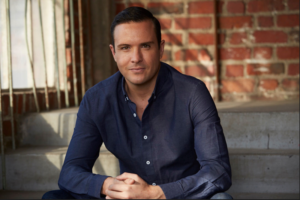The Western Cape Department of Education (WCED) is currently grappling with the challenge of placing 529 pupils who are in Grade 1 and Grade 8, due to late applicants. This is an annual issue across the country stemming from inadequate capacity, further compounded by semigration, particularly in economic hubs like the Western Cape, which makes it challenging for schools to accurately predict enrolment numbers.

This is according to Dr Corrin Varady, CEO of edtech platform IDEA, who says that semigration has contributed to a decline in school numbers in outlying provinces, resulting in imbalances between student numbers and available resources, ultimately leading to schools being unable to accept more pupils.
These challenges are reflected by the Western Cape’s Education Minister David Maynier who says, “[These learners] have arrived without warning, and we cannot predict where and when these late applicants will arrive. This has made planning our resource allocation in advance extremely difficult. It will take some time to redirect resources to cater for these learners, and this is currently underway.”
Dr Varady points out that the rising demand for placements has also necessitated the construction of more schools, with pressure being exerted on schools to cater to a growing number of pupils within limited timeframes. “This can affect the quality of the education provided.”
“It is therefore clear that the current trajectory is unsustainable for improving equal access to quality education,” he says. “With the population increasing and the number of teachers decreasing, the situation is only going to deteriorate unless we implement scalable technology solutions.”
Referring to research released by Equal Education which revealed that over half of learners reported insufficient space and overcrowding in classrooms, Dr Varady explains that overcrowding results in a higher learner- to-teacher ratio which adversely affects the learning experience due to a lack of personalisation, which negatively impacts learner outcomes.
“However, merely building more schools or classrooms will not resolve the problem as the issue of unplaced learners will persist due to the inability to keep up with student population growth. Moreover, as Deputy President Paul Mashatile recently pointed out, there is a shortage of qualified and motivated teachers. If we cannot remedy this, the issue of unplaced learners will only be exacerbated,” he adds.
Dr Varady shares that instead this could be rectified through virtual schools which can be deployed by the public sector – such as with low- or no-fee government schools – but must be powered by innovation from the private sector. “These schools can help to mitigate challenges fuelling the province’s learner placement predicament such as overcrowding, teacher shortages and lack of adequate school infrastructure, while also improving learner outcomes.”
“Additionally, the technology used in the virtual space helps to personalise learning so issues can be addressed immediately when the learner encounters them – not after they’ve completed their end-of-year exams when it is probably too late. Access to this technology could therefore mean the difference between passing and failing,” he highlights.
Despite challenges such as the energy crisis and lack of ubiquitous internet access, Dr Varady believes that asynchronous and offline learning solutions could overcome these challenges since they allow pupils to learn from anywhere and at any time. “While these issues are often cited as major obstacles in the deployment of e-learning, I think that the biggest hurdle is that the country hasn’t grasped how e-learning could work in the public sector environment.”
“Technology equals accessibility which equals outcomes. We must connect education and technology so that no learners go unplaced. This is imperative for the country’s future, especially as 42,2% of our young people are not in employment, education or training, with this number set to increase. Education has the power to change lives and all children deserve access to it,” he concludes.

